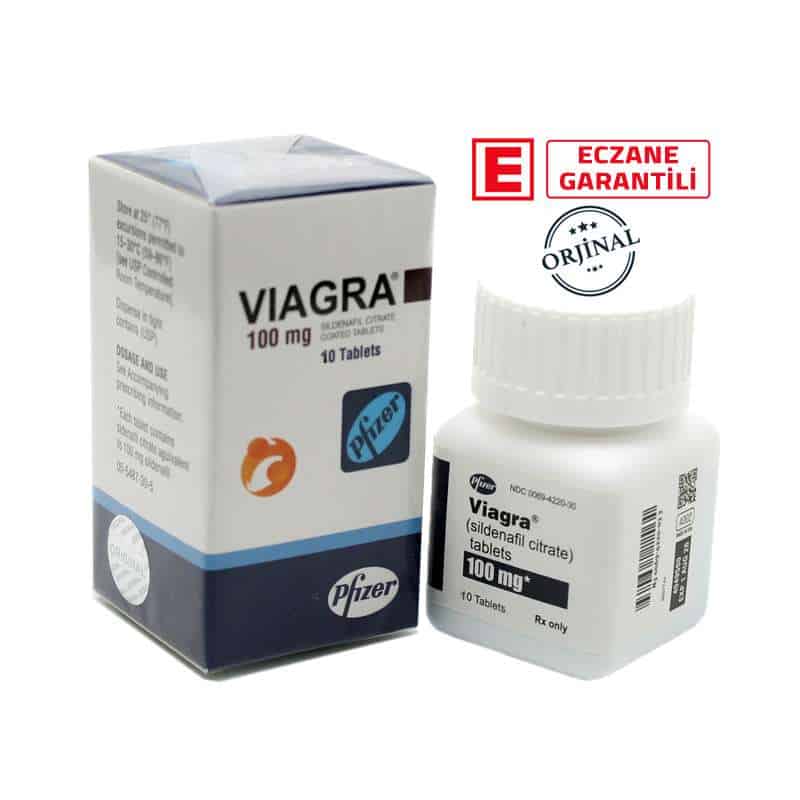Oxford’s 2021 Word of the Year Is a Shot in the Arm
By Jennifer Schuessler Apologies to jab, shot and “Fauci ouchie.” Oxford Languages’s 2021 Word of the Year is “vax.” That may seem like a no …


By Jennifer Schuessler
Apologies to jab, shot and “Fauci ouchie.” Oxford Languages’s 2021 Word of the Year is “vax.”
That may seem like a no-brainer. But as with so much about public health, the power lies in the numbers.
“Vaccine,” already a common-enough word in English, more than doubled in frequency over the past year, as vaccines against the coronavirus rolled out. But the jaunty “vax” — a word that has skulked around the margins of the language since it first appeared in the 1980s — surged dramatically, occurring more than 72 times as frequently in September 2021 than a year earlier.
“All these other vaccine words increased, but nothing like vax,” said Fiona McPherson, a senior editor for new words at Oxford Languages, which publishes the Oxford English Dictionary. “It’s a short, punchy, attention-grabbing word.”
“And speaking as a lexicographer, it’s also quite a productive one,” she continued. “You see it used in all sorts of combinations to make new words.”
The Word of the Year is based on usage evidence drawn from Oxford’s continually updated corpus of more than 14.5 billion words, gathered from news sources across the English-speaking world. The selection is meant “to reflect the ethos, mood or preoccupations” of the preceding year, while also having “potential as a term of lasting cultural significance.”
It has traditionally been a scholarly yet often lighthearted effort, highlighting both cultural change and English’s sometimes goofy way of reflecting it. (“Post-truth” and “selfie,” anyone?) But last year, the company forwent a single choice and instead highlighted the pandemic’s sudden and pervasive influence on the language more broadly.
This year, though, it was time to return to crowning a single word. “The word vax, more than any other, has injected itself into the bloodstream of the English language in 2021,” Oxford said in a pun-filled news release.
The word “vaccine” was first recorded in English in 1799, following the British scientist Edward Jenner’s experiments with inoculation against smallpox. In early reports on his experiments, the word “vaccine” (derived from the Latin vacca, or cow) was used to refer both to the disease and to the material from the cowpox pustules he injected into his human research subjects.
It was only decades later, according to Oxford’s report on its research, that “vaccine” came to be used for inoculation against other diseases. Curiously, while the shortened form “vax” did not appear until the 1980s, the term “anti-vax” — spelled “anti-vacks” — appeared early.
“The Anti-Vacks are assailing me … with all the force they can muster in the newspapers,” Jenner himself wrote in an 1812 letter.
In our own time, “vax” — unlike “box,” “tax” and many other words — usually takes on a double x in inflected terms like “vaxxed” or “anti-vaxxer,” in keeping, the report says, with the trend toward “expressive doubling” that has become common in certain contexts (particularly in digital communication terms like “doxxing”).
The report cites neologisms like “vaxxie,” “vaxinista” and “vax(i)cation” and “inoculati.” Some may fade away and never make it into the dictionary. But others — like “strollout,” which gained prominence in Australia in May, amid frustration over the slow pace of vaccination programs — may become useful in a broader variety of contexts, McPherson said.
Some coinages speak to the polarization around vaccines themselves. “Vaxxident” (a road accident supposedly related to vaccine side effects) has so far been seen mainly on vaccine-skeptical websites, while “spreadneck” and “anti-faxxer,” relatively rare derogatory terms for vaccine skeptics and Covid deniers, may be more common on liberal blue-state lips.
For the first time, Oxford’s report looks at the vocabulary of vaccination in nine other languages. Many languages, including French and Russian, simply use a version of the English word “vaccine.” In Spanish, the word for vaccine is “vacuna,” the feminine form of the adjective vacuno, or bovine. Unlike in English, where speakers often say “shot” or “jab” in colloquial contexts, “vacuna” is used “across all registers,” according to Oxford’s report.
In Urdu, the word for vaccine is “teeka,” which refers to injections of all kinds. Rural or less educated speakers often just say “sui,” or needle. In Bangla, or Bengali, the word for vaccine is “tika.” But strikingly, for Covid-19, it has borrowed the English “vaccine,” which (so far) refers almost exclusively to that particular shot.
The language of vaccines shows the power of English as a global language. But even within English, pockets and sub-pockets of regional variations persist. As a Scot, McPherson was excited to “get a jag,” to the bafflement of her English father-in-law.
“He was initially genuinely confused,” she said. “He thought I was talking about a car.”



















